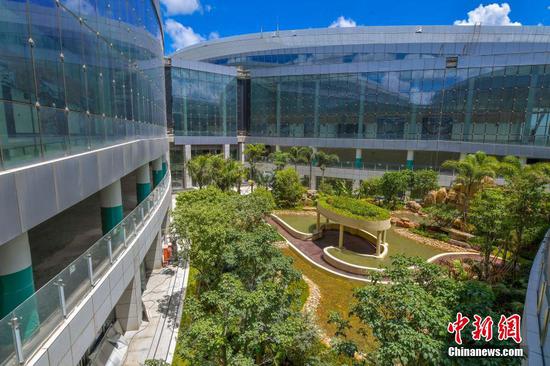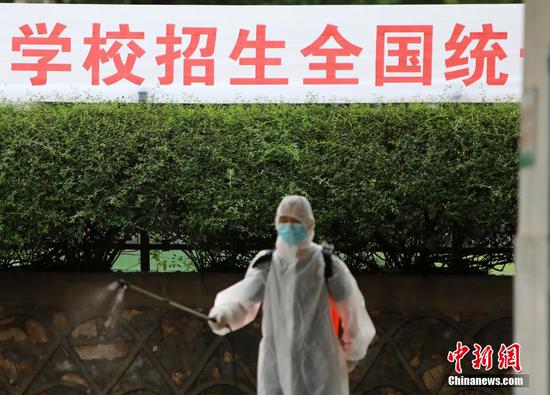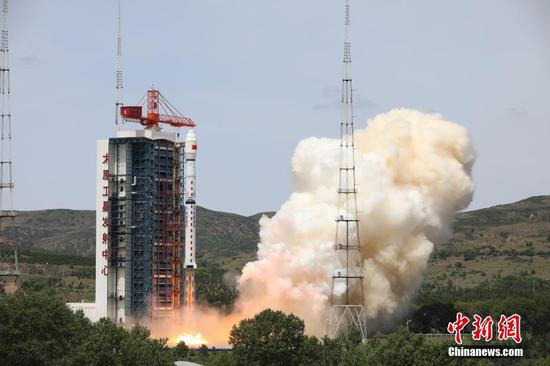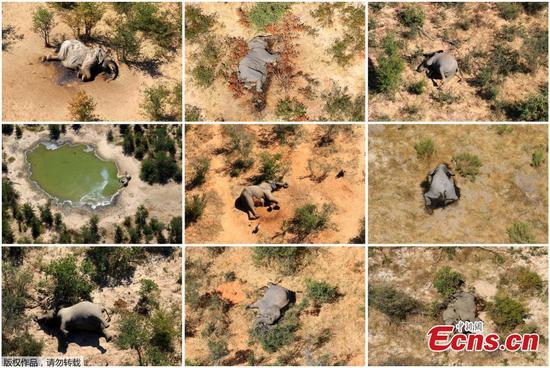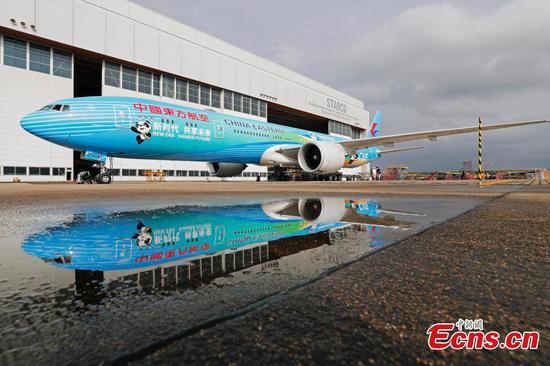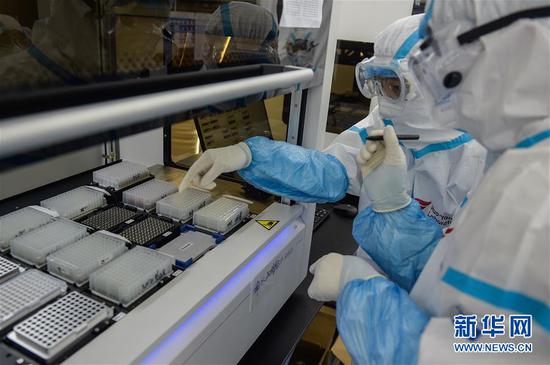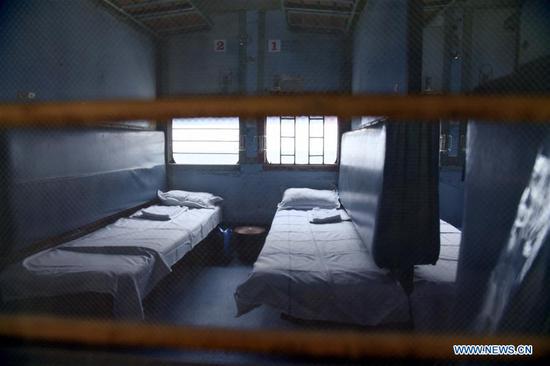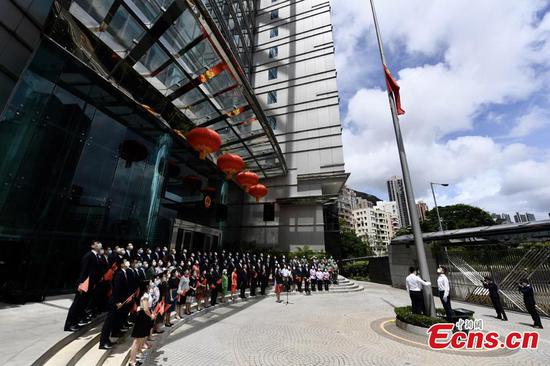China's first entirely self-developed computer, Tianyue, officially rolled off the assembly line in Shenyang, Northeast China's Liaoning Province on Friday, marking substantial progress in the country's information industry.
Developed by the 706 Institute, a research and development institute under the China Aerospace Science and Industry Corporation (CASIC), the computer will also be delivered under a cooperation contract with Shenyang Liaosheng Radio Factory.
It is the first domestically developed computer to use a self-developed chip and operating system. Tianyue has been tested in extremely cold temperatures in Northeast China's Heilongjiang Province, in extremely high humidity in South China's Hainan Province, and at extremely high altitudes in Southwest China's Tibet Autonomous Region.
The 706 Institute's product supply has covered multiple ministries, commissions, and provincial and municipal Party and government agencies, with a market share far exceeding those of any other companies.
Alongside the successful production of the first Tianyue computer in Liaoning Province, a production line with an annual output of 100,000 units was successfully completed in Heping district, Shenyang City, with an estimated annual output value of 500 million yuan ($70.84 million).
Shu Yinghua, director of the state-owned Shenyang Liaosheng Radio Factory, was quoted in media reports to have said the factory will work with 706 to create a domestic computer industry base that integrates production, sales and after-sales services.
An offline launch ceremony was hosted on Friday by the Second Research Institute of CASIC, the 706 Institute and the Shenyang Liaosheng Radio Factory. Ceremonies were held in both Shenyang and Beijing.
China's computer and information sector has witnessed significant growth in recent years. China-based chipmaker, Semiconductor Manufacturing International Corp expressed plans of raising $6.55 billion on Sunday through a secondary listing in Shanghai, after its price surged in Hong Kong.











